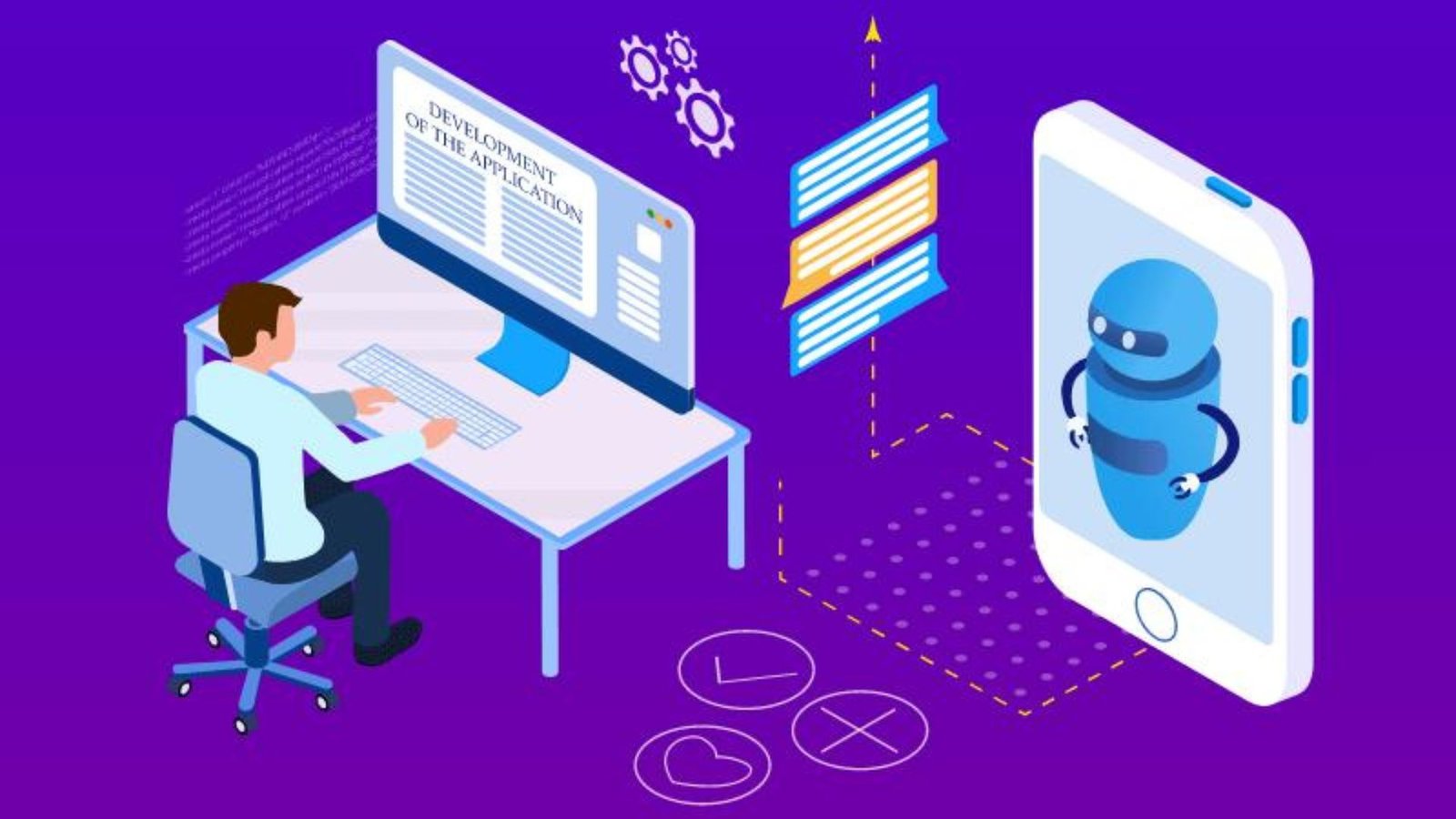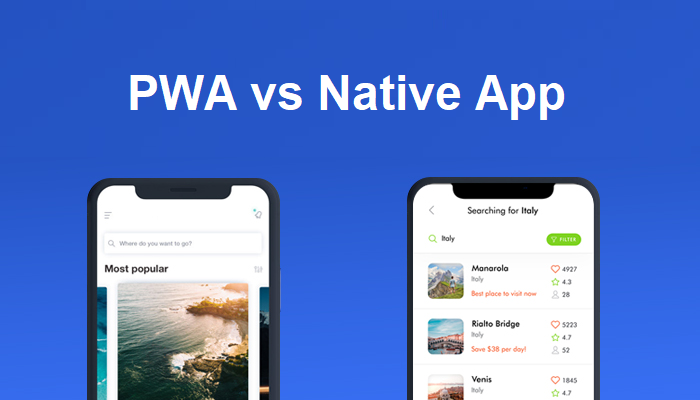The future of mobile app development technology is shaping up to be both exciting and transformative. As technology continues to advance, mobile app development is evolving rapidly, presenting new opportunities and challenges for developers. Here’s a look at the key trends and innovations that are set to define the future of mobile app development technology.

1. Emergence of 5G Technology
One of the most significant advancements in mobile app development technology is the widespread adoption of 5G. This next-generation wireless technology offers faster internet speeds, lower latency, and more reliable connections compared to 4G.
5G technology will enable developers to create apps with higher data requirements, such as high-definition video streaming and real-time augmented reality experiences. With faster network speeds, apps will run more smoothly, and users will experience enhanced performance. Therefore, integrating 5G capabilities into mobile app development will be crucial for future success.
2. Growth of Artificial Intelligence and Machine Learning
Artificial Intelligence (AI) and Machine Learning (ML) are increasingly becoming integral to mobile app development. These technologies enable apps to learn from user behavior, personalize experiences, and automate tasks.
For instance, AI-driven chatbots can provide instant customer support, while ML algorithms can analyze user data to offer personalized recommendations. As AI and ML technology continues to advance, developers will have more tools to create smarter and more intuitive apps. Consequently, leveraging these technologies will be essential for staying competitive in the app development landscape.
3. Rise of Augmented Reality (AR) and Virtual Reality (VR)
Augmented Reality (AR) and Virtual Reality (VR) are transforming how users interact with apps. AR overlays digital information onto the real world, while VR creates immersive virtual environments.
In the future, AR and VR will play a significant role in mobile app development, particularly in gaming, education, and e-commerce. For example, AR apps can allow users to visualize products in their own space before making a purchase, while VR can offer virtual tours or training simulations. As these technologies become more accessible, developers will need to explore creative ways to integrate AR and VR into their apps.
4. Adoption of Cross-Platform Development Tools
Cross-platform development tools are gaining popularity as they allow developers to create apps for multiple platforms using a single codebase. Frameworks like React Native, Flutter, and Xamarin are leading the way in this area.
These tools offer several advantages, including reduced development time and cost, as well as easier maintenance. With the growing demand for apps on both iOS and Android, cross-platform development will become increasingly important. By adopting these tools, developers can streamline their workflows and reach a broader audience.
5. Enhanced Focus on Security and Privacy
As mobile apps handle more sensitive user data, security and privacy are becoming top priorities. Developers will need to implement robust security measures to protect user information and comply with data protection regulations.
Future app development will likely see an increased focus on features such as end-to-end encryption, biometric authentication, and secure data storage. Ensuring the security and privacy of user data will be crucial for gaining and maintaining user trust in the future.
6. Integration of Blockchain Technology
Blockchain technology is poised to impact mobile app development by providing secure and transparent transactions. Its decentralized nature ensures that data is tamper-proof and traceable, which is valuable for apps involving financial transactions or sensitive data.
For example, blockchain can be used to enhance security in payment processing, supply chain management, and digital identity verification. As blockchain technology evolves, developers may find new and innovative ways to integrate it into their apps, offering greater security and transparency to users.
7. Emphasis on IoT Integration
The Internet of Things (IoT) is expanding, connecting various devices and systems. Mobile apps are increasingly interacting with IoT devices, enabling functionalities such as remote control and data monitoring.
For instance, smart home apps allow users to control lighting, heating, and security systems from their smartphones. As IoT continues to grow, developers will need to focus on creating apps that seamlessly integrate with a wide range of connected devices. This trend will drive innovation and create new opportunities in app development.
Conclusion
In conclusion, the future of mobile app development technology is characterized by rapid advancements and emerging trends. The adoption of 5G, AI, AR/VR, cross-platform tools, enhanced security, blockchain, and IoT integration are shaping the landscape of mobile app development. By staying informed and adapting to these trends, developers can create cutting-edge apps that meet the evolving needs of users and remain competitive in a dynamic market.




